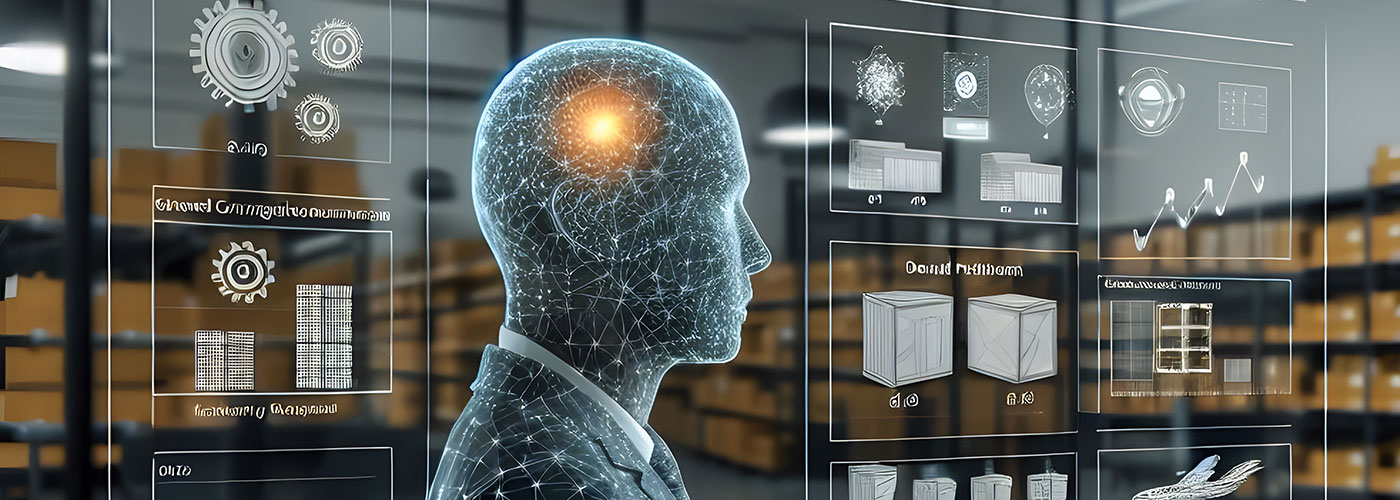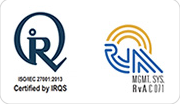If 2021 taught the legal world anything, it’s that the pandemic ushered in a whole world of legal tech that we now can’t do without. The uniqueness of post-pandemic work and environments brought with it existing and new tech created or repurposed just for remote legal processes and business workflows.
Can 2022 be an even bolder year for legal tech? As the chosen tech-powered ALSP for hundreds of practitioners nationwide, we can make an educated guess. We know that 2021 introduced, or reintroduced, handy tech, and that attorneys in 2022 need to gear up and integrate tried and tested tech to spearhead bigger goals, streamline processes and facilitate workflows.
An indispensable part of in-house counsel’s toolbox, contract lifecycle management software provides practitioners with a powerful tool that can automate and streamline contract processes. This effectively frees up time, and saves money, so that practitioners can focus their resources and precious time on workflows that demand urgent attention.
Naseeha Machingal is the Client Success & Partnerships Lead here at LegalEase Solutions. She says that “the CLM space will see a consolidation of enterprise contract management technology with legal matter and spend management technology to create one legal platform for corporate legal departments that increases stickiness and value for legal and business teams.”
2. License Plate Recognition Systems
Advanced legal tech is becoming a mainstay in the legal world. Software like AI-powered automatic license plate recognition systems (ALPR) can quickly pick up license plate information from moving vehicles and process it for infringements like speeding, jumping red lights, and more. By complying with privacy concerns, ALPR has become an essential part of authorities toolbox in ensuring safer roads for drivers and pedestrians alike.
Tariq Akbar is the CEO and co-founder here at LegalEase Solutions. In a Law.com article, he predicted that “growth in technology such as LPR (license plate recognition technology) is fast outpacing state and local regulation and the serious associated privacy concerns. States and municipalities will continue to adopt new rules and regulations governing LPR and other similar technology to bridge the regulation gap.”
3. Contract Automation
While tech and robots have not taken over legal processes (thankfully), automation is paving the way to an error-free and low-risk legal landscape.
Contract automation gives attorneys the power to integrate the powerful tech without having high-tech lines of code, requiring developers and operations teams, at their disposal. An article by Lexology predicts that contract automation is here to stay in 2022, as it grows in value among practitioners utilizing it due to the low-code and no-code options available.







